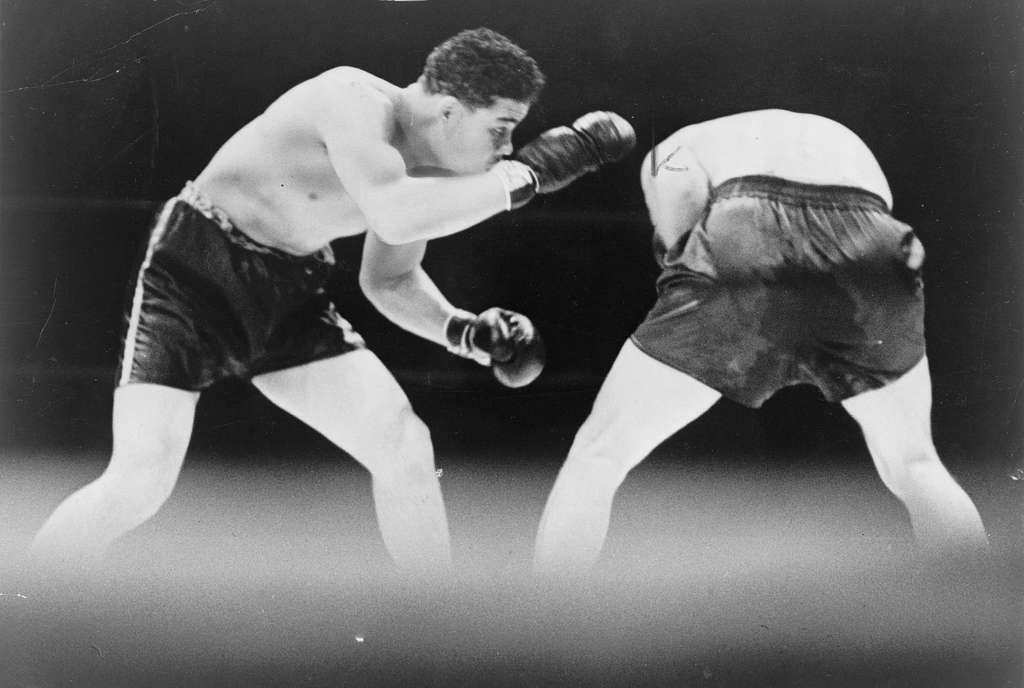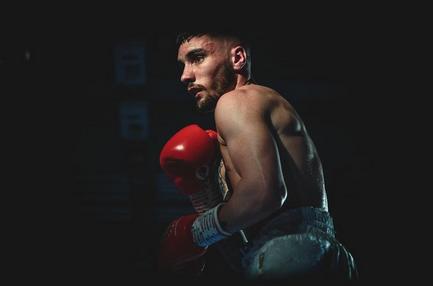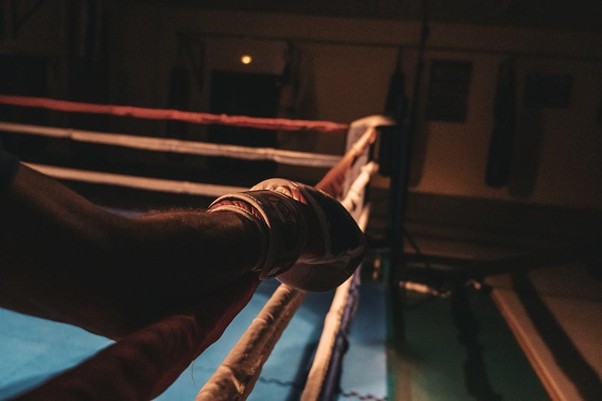Boxing is a sport characterized by immense struggle, determination, and self-discipline. The ten barrier-breaking athletes listed in this article have not only succeeded in their careers but have also left an indelible mark on the sport, leading to the evolution of boxing.
Their accomplishments have inspired countless individuals and initiated revolutionary changes within boxing. This detailed article aims to tell the extraordinary stories of these trailblazing pugilists.
Among the countless athletes in the history of boxing, these ten fighters have stood out from the rest. Their influence reaches far beyond their prowess inside the ring, as they’ve taken up the mantle of social advocates, gender equality champions, and financial trailblazers. These athletes have inspired, provoked, and broken barriers, forever altering the course of boxing’s history. Keep reading to learn about their journeys.
Muhammad Ali: The Man Beyond the Gloves
Muhammad Ali was a fighter who needed no introduction. From his beginnings as Cassius Clay to becoming “The Greatest,” Ali never shied away from his beliefs. He remained an icon for civil rights and anti-war movements during a time of social unrest in the United States. Refusing to be drafted into the Vietnam War on religious grounds, Ali sacrificed the prime of his career for his convictions. The boxing world would never be the same after “The Louisville Lip.”
Sugar Ray Robinson: Payday Reformation
Born as Walker Smith Jr., Sugar Ray Robinson changed the game when it came to financial negotiations in the boxing world. Never letting himself be underpaid, Robinson turned boxing paychecks into a more lucrative prospect for fighters of subsequent generations. With a flamboyant style and devastating punches, Sugar Ray Robinson secured his place in the boxing pantheon while causing a massive shift in both the economics and style of the fight game.
Joe Louis: Defeating Racism One Punch at a Time

Joe Louis’ legacy goes much deeper than the dozens of victories and titles he amassed. His most significant win came against Adolf Hitler’s poster boy, Max Schmeling. Louis’ knockout victory over Schmeling in a rematch was more than just a win; it was a decisive blow against the dangerous ideologies represented by Louis’ opponent. The Brown Bomber’s 140-character telegram to Adolf Hitler, which simply read, “I want him,” reflected his fierce opposition to racism and discrimination.
Jack Johnson: Smashing the Color Line
Jack Johnson became the first African-American heavyweight champion of the world in 1908 when he faced Tommy Burns in Sydney, Australia. In an era where race relations in America were hostile, Johnson disregarded this, embracing his individuality and rightfully taking his place among boxing’s elite. His determination to fight against racial barriers made Johnson a pioneer for black athletes in a world where opportunities were scarce.
Mary Kom: Challenging Gender Norms
Hailing from a remote village in northeast India, Mary Kom shattered gender stereotypes by becoming a six-time world champion against all odds. Committed to the sport of boxing, she defied societal norms to fulfill her ambitions, paving the way for Indian female athletes across all disciplines. Today, she stands as a symbol of equal opportunities for women in sports, inspiring more girls to take up boxing and chase their dreams.
Laila Ali: Carrying on a Legacy of Revolution
Daughter of Muhammad Ali, Laila Ali made her mark in the world of boxing by continuing her father’s work as a tireless advocate for female participation in the sport. Her impressive in-ring skills, coupled with her fervent determination to legitimize women’s boxing, served as a major catalyst for the sport’s ongoing evolution.
Katie Taylor: Record Shattering Force

The Irish star, Katie Taylor, has not only accumulated impressive records throughout her amateur and professional careers; she has also displayed an inspiring life story to women in sports. Beyond her incredible talents and skill, her dominance in the boxing world has challenged the notion that the “sweet science” is a male-dominated sport.
Nicola Adams: Love and Liberation
Nicola Adams made history by becoming the first openly LGBTQ Olympic boxing gold medalist. She broke barriers for LGBTQ athletes by embracing her identity and inspiring others to be true to themselves regardless of their profession. Adams’ determination to be a role model for LGBTQ youth underscores the importance of representation in sports.
Adams’ career took a major leap in 2001 when she became the first woman boxer to represent England, but that was just the tip of the iceberg for this pioneering figure. A decade later, she won gold in the newly introduced women’s boxing category at the 2012 London Olympics, an achievement that made her the first-ever women’s Olympic boxing champion.
With the same unwavering determination, Adams replicated her success in Rio 2016, thus becoming the first British boxer to retain an Olympic title in nearly a century. This further amplified her status as a living boxing legend.
Nicola Adams’ victories weren’t confined to the ring; she had some battles to fight outside it as well. In a sport dominated by heteronormativity, Adams publicly identified as a bisexual woman, an act rarely seen in boxing’s history. Through openly embracing her queerness, she challenged the gender norms and stereotypes common to boxing, making it clear that sexual orientation doesn’t affect athletic prowess.
Floyd Mayweather: The Money Man
Floyd Mayweather’s flashy lifestyle and “Money” moniker made headlines throughout his career, but he reshaped the boxing world’s financial landscape. By pushing the limits of pay-per-view buys, star power, and marquee matchups, Mayweather redefined what a boxing event could be. His transition from the “Pretty Boy” to “Money” Mayweather showed athletes that their careers could extend beyond the punches they took in the ring.
Wladimir Klitschko: The Brains Behind the Braw
Wladimir Klitschko brought a new dimension to boxing with his strategic, analytical approach. He prioritized mental preparation and research, blurring the lines between brute force and intellectual strategy. His disciplined technique and cerebral in-ring tactics showed that boxing was not merely a physical battle; it was a contest of wits as well.
Conclusion: Pioneers of Progress
These ten athletes have left indelible marks on boxing. Through their unique stories and trailblazing spirits, they have redefined the sport. Their accomplishments have worked as catalysts for change, breaking down barriers and inspiring future generations to strive for greatness. Their legacies live on in the hearts and minds of those they’ve influenced, forever shaping the sport of boxing.



